Her pâté en croûte is widely acclaimed, as is her pork, courgette, pepper and tomato butter vol-au-vent. Laëtitia Visse, 34, has all the trappings of an accomplished chef — a popular restaurant in Marseille, La Femme du Boucher, a high media profile and a successful line of cookery books.
Yet it was not always like this. When Visse entered the profession, she faced the insults, violence and discrimination that she says are widespread in French gastronomy. One top chef for whom she worked would regularly call her “stupid” or a “whore”. Another had a habit of burning his assistants’ arms, hers included, with red-hot spoons whenever they made a mistake. Harassment was common, groping hands the norm.
Visse says habits are evolving, albeit slowly. This is partly because restaurants reputed for their violent methods are struggling to recruit staff, she says, and partly because macho chefs have started to fear bad publicity after the “MeToo des cuisines” that she helped to launch in 2020 when she joined a handful of other female cooks in speaking out against brutal traditions.
Last week, Jean Imbert, 44, a celebrity chef with a string of prestigious restaurants including ones at Disneyland Paris and the Michelin-starred Plaza Athenée hotel in Paris, found himself in the spotlight when Alexandra Rosenfeld, 38, a former Miss France, said he had broken her nose with a headbutt during their year-long relationship in 2013.

Jean Imbert and Alexandra Rosenfeld at Roland Garros in 2013
STEPHANE CARDINALE/GETTY IMAGES
The scandal became public when Rosenfeld and three other women who had been in relationships with Imbert gave interviews to Elle magazine in which they accused the chef of violent and controlling behaviour. He denies all their claims.
More often, however, the violence is hidden behind kitchen doors, according to Visse. The daughter of opera singers, she had always wanted to become a chef and attended the eminent Ferrandi cooking school in Paris, which sent her as a trainee to some of the capital’s finest restaurants.
• The unsavoury side of French cuisine
Many adhered to the notion that “suffering” was a prerequisite for those destined for culinary grandeur. “Everything that we now call violence, they called training,” she says, adding that male as well as female assistants were subjected to mistreatment. “I saw guys shut in the cold room and being deliberately burnt.”
She was singled out because “harassers always target the easiest prey and it is easier to pick on someone who is the only woman in the team, who is isolated and who has just arrived”. She was often groped, she says, including by a chef “who would always arrive completely drunk in the morning”. Still a teenager, she was scared of him and would tremble when he walked past. Once, when she was preparing a dish with shaking hands, he grabbed her collar and insulted her, she says.
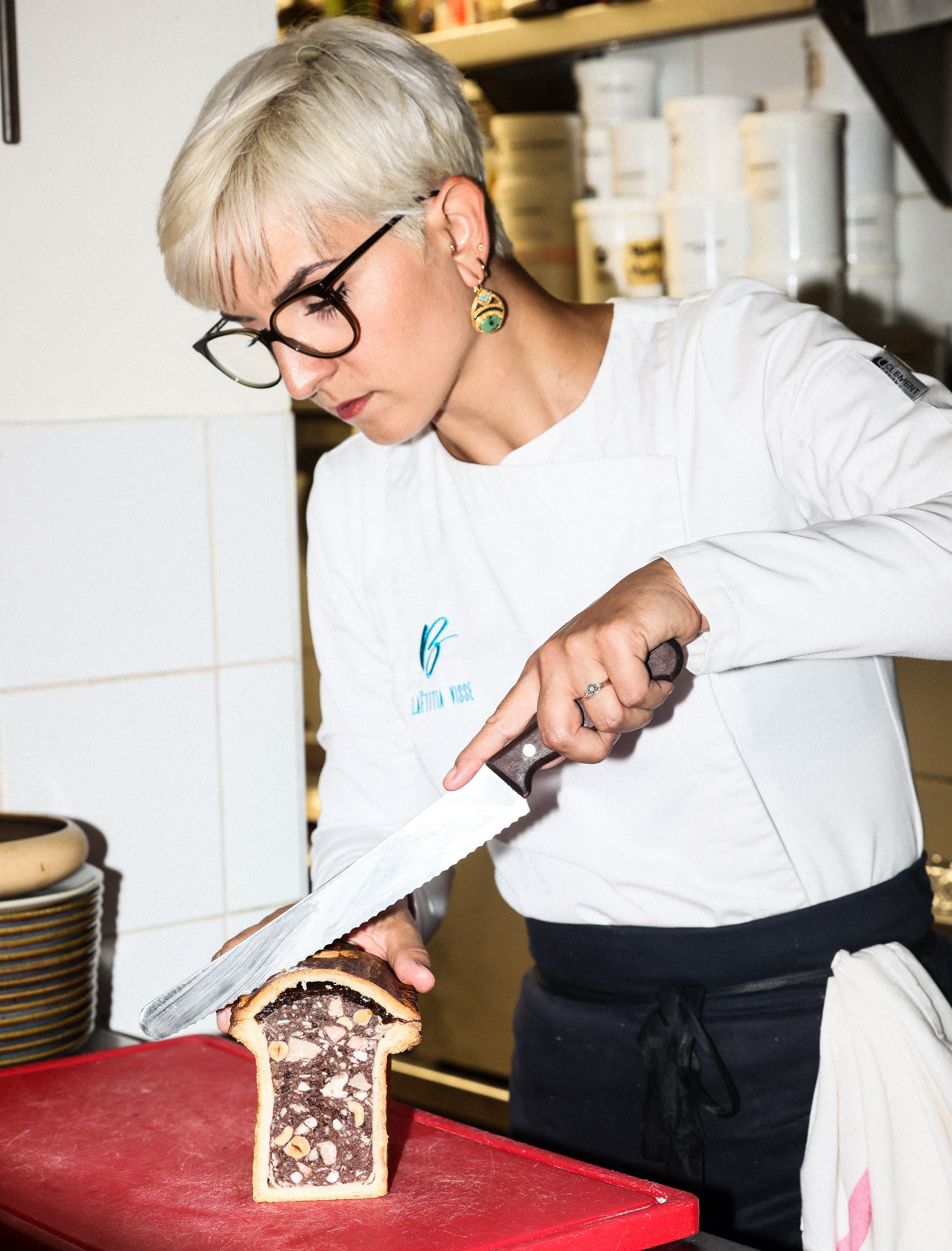

She claims that whenever she told teachers at the Ferrandi school that she was being abused, they would send her to another restaurant and dispatch a new trainee to take her place. “They thought I was the problem, that I was vulgar and was looking for it. You were always told that if you denounced [the violence] you’d never work again. So you shut up.”
She fell into a depression, and was tempted to give up the profession. But she persevered, partly because she ended up in restaurants run by more tolerant chefs and partly because she did not want to disappoint her parents, who had paid thousands of euros for her to go to cooking school.
• The all-female kitchen taking on France’s food establishment
Today, she is patron of the Marseille branch of Des Étoiles et des Femmes, an association that helps women find jobs in the restaurant trade and offers them assistance when they face discrimination. “I see from what they say that violence still exists,” she says. “But now there is someone to talk to.”
In her restaurant, she has endeavoured to break the cycle of brutality. The mother of a ten-month-old, she says she does her best to treat her staff decently and has learnt to trust them when she is off. She shuts her restaurant on weekends and on two weekday evenings to give them, and her, a break from an otherwise exhausting routine.
She says: “It’s a stressful profession. You’re working together in a small space, it’s hot, you cut yourself, you burn yourself and you have two deadlines a day. When the oven breaks down, a customer leaves a bad comment on Google because the mashed potato is cold and the health and safety inspectors turn up — it’s easy to blow a fuse. I can get very angry but instead of shouting at staff, I shut myself away until I calm down.”
She has also taken on a personal coach in whom she can confide “because it’s better to pay someone €60 to listen to you than to lose a good member of your team because you’ve gone berserk”.
• Jason Atherton: I haven’t seen any sexism in the kitchen
Le Monde said her first cookery book, published in 2020, underlined her determination to distance herself from the sexist violence she had known. Les couilles: Dix façons de les préparer (Bollocks: Ten Ways of Preparing Them) featured dishes made with the testicles of animals such as lamb. It was a way of “thumbing her nose” at the male violence in French gastronomy, the newspaper said.
Visse’s dishes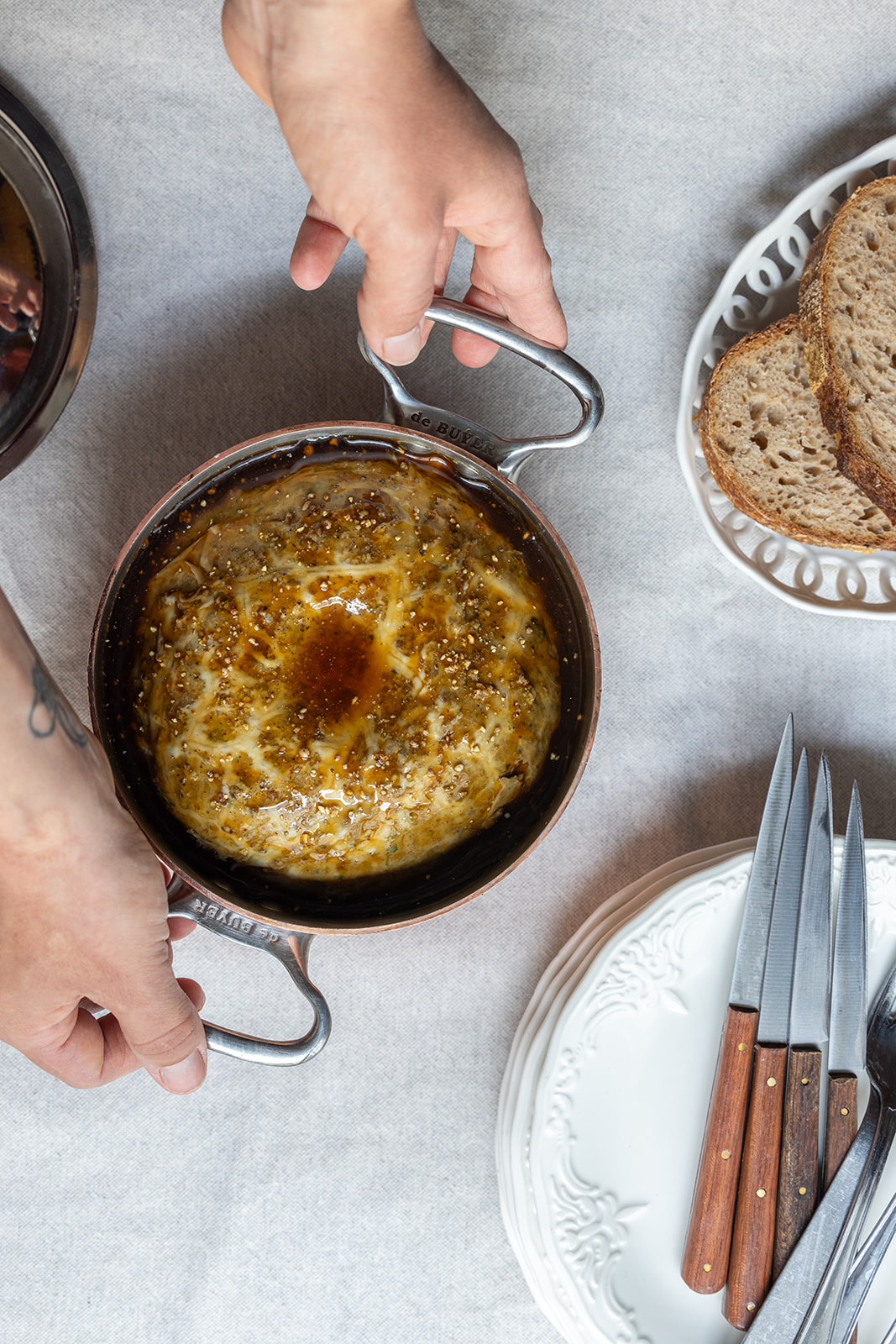
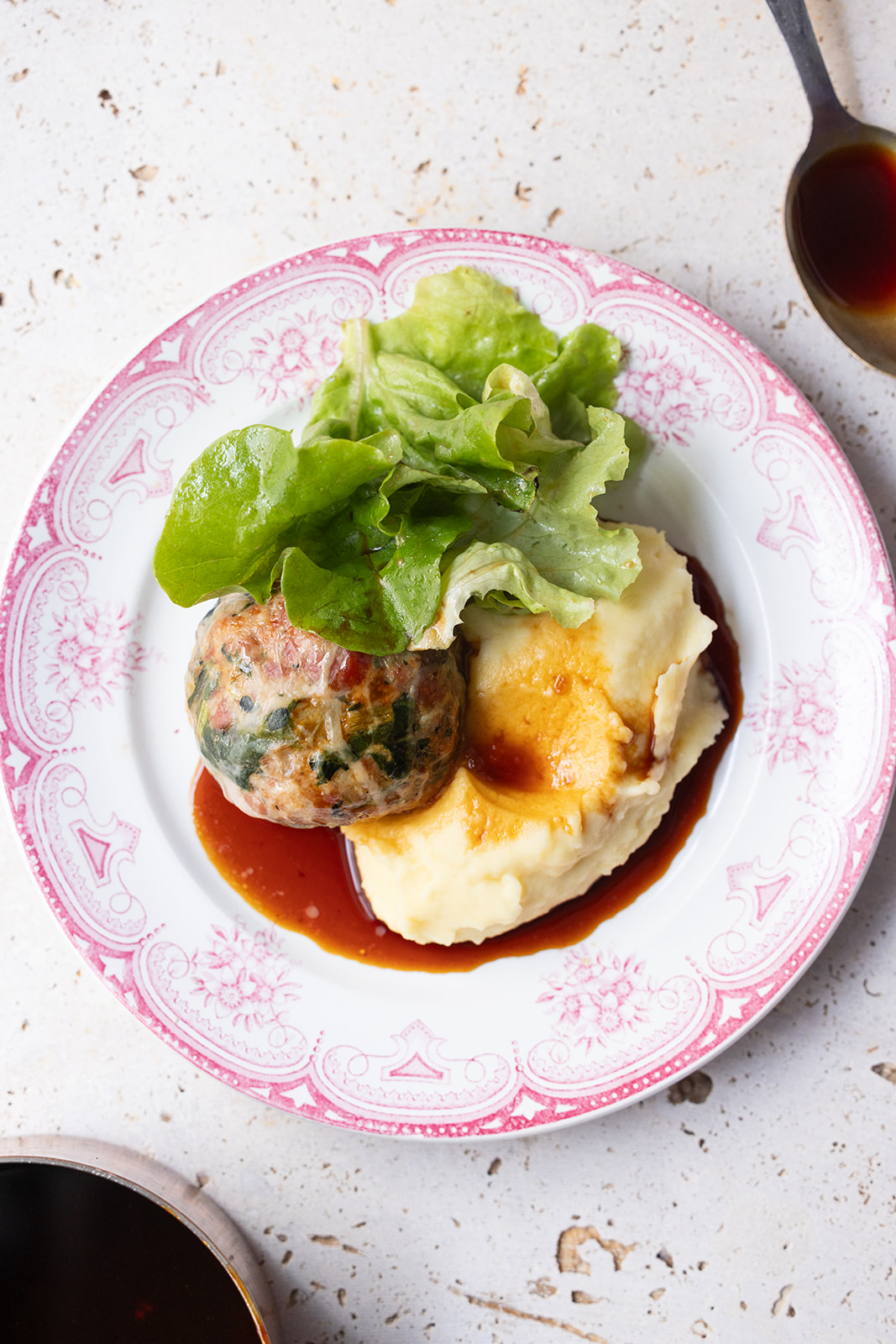
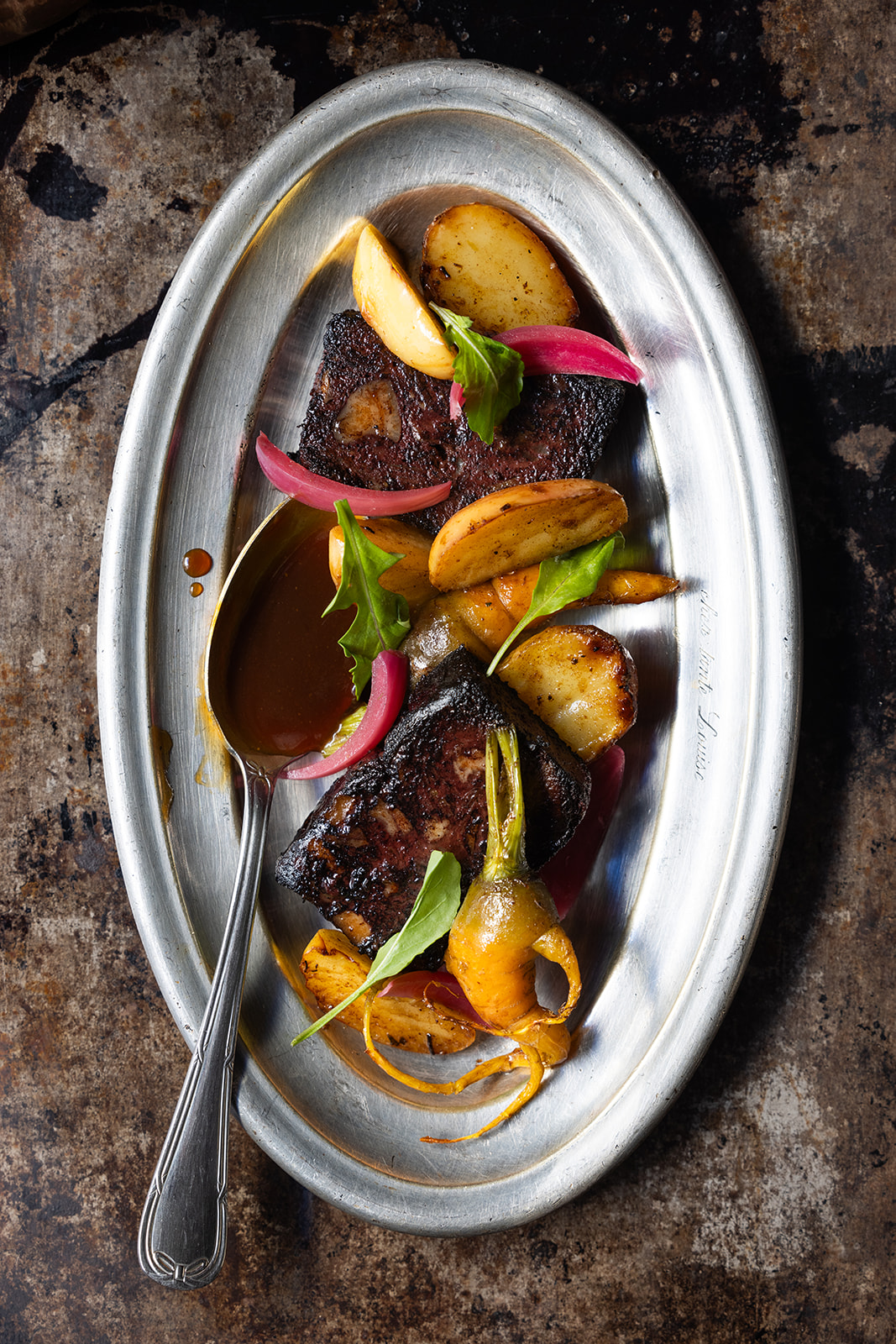

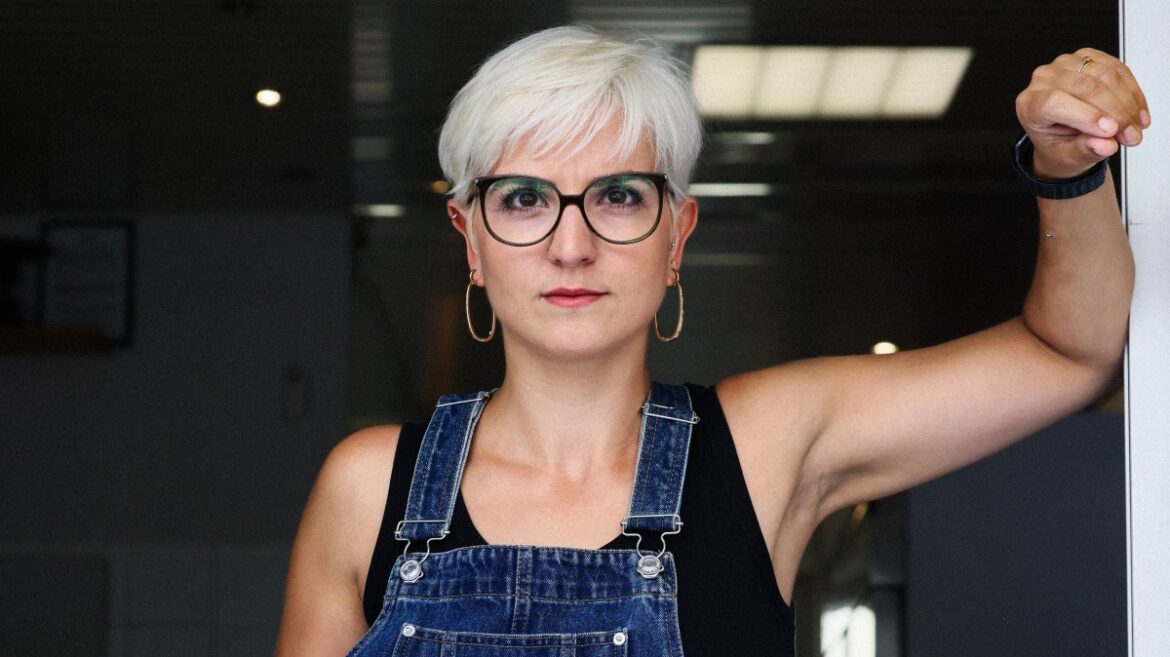
Dining and Cooking